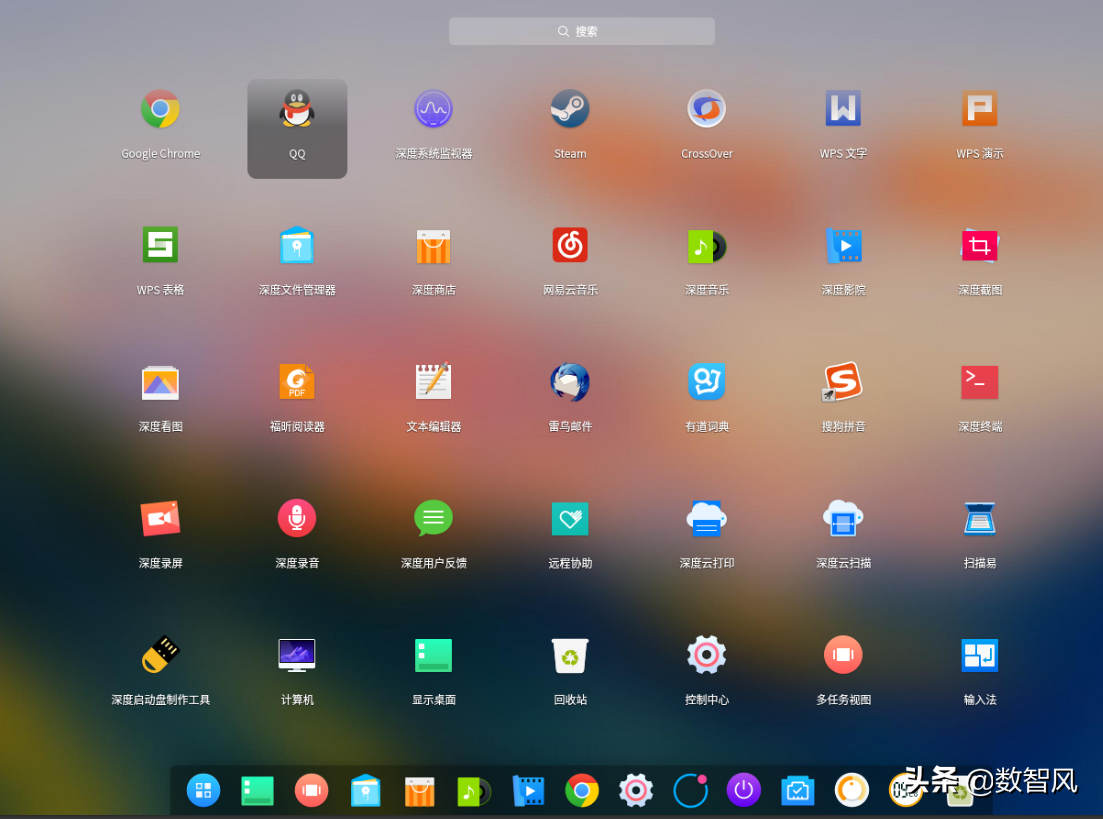In the field of X86 operating system, it is basically the world of Microsoft and Linux. One dominates most of the desktop, and one occupies most of the server field. If Microsoft and Linux are out of supply, can the domestic system meet the domestic use demand?
This question looks a bit grim! If you say no, the domestic operating system manufacturers Galaxy Kirin and Zhongke Fangde have begun to use it in many areas of the government. If it can be used, in fact, their application surface is still relatively narrow, only to meet the basic needs of a small number of people. If the demand for the operating system is divided into three levels, such as "food and clothing, well-off, and abundance", the domestic operating system can only be regarded as a "food and clothing" level. It is mainly reflected in three aspects:

1. Hardware compatible
The domestic operating system basically has an inseparable relationship with open source Linux, and the compatibility with the server side is not bad, after all, there is basically no need for graphics here, only the main chips such as CPU, memory, storage, and network need to be driven. On the desktop side, due to the need for good graphics support and the need to be compatible with all kinds of strange hardware, Linux has little experience in this regard. The domestic operating system can only reach the state of usability, that is, the "food and clothing" state I mentioned earlier, and many printers, scanners, and U shields are not very compatible.
2. Application ecology
The linux ecosystem is basically open source software, and the software that supports Linux basically supports domestic operating systems. The ecology of Windows is basically closed-source software, which is basically incompatible with domestic operating systems. There are only two ways to be compatible. First, the software manufacturer deliberately redevelops and compiles a version for the domestic system. This method is more suitable for large companies such as Tencent and Ali, who will organize R&D personnel to redevelop a version for a wide range of adaptations. Second, operating system manufacturers make a simulated environment for the ecology to be compatible with windows, Android and other ecological software. At present, the domestic operating system basically adopts this method, and Zhongke Fangde adopts this method.
3. System optimization
Microsoft's Windows operating system has undergone decades of development, and the optimization effect of software and hardware has been very good. Don't look at it is always exposed to vulnerabilities, it is still the most secure in the desktop system. The reason why it has been exposed is because it is too widely used and too many people have studied it. If there are so many people studying Linux desktop systems, there will be more vulnerabilities.
At present, the domestic desktop operating system is still very narrow, and the optimization effect of software and hardware is still very general. For the average office worker, it is barely enough. On the server side, if the optimization is not very good, the performance will be discounted. Therefore, at present, they are also mainly used in the government industry, after all, their most important thing is information security.
epilogue
The operating system is not only a product, it is also the combination of many software and hardware ecosystems. Linux, Windows and other operating systems have undergone decades of development to have today's achievements. The real development time of the domestic operating system is still very short, and it is only able to meet the basic use at present. There is still a long way to go to fully meet the needs of domestic "abundance" use. But no matter how long the road is, we must also go step by step. Only when the domestic operating system is up, we will not be stuck in the neck.